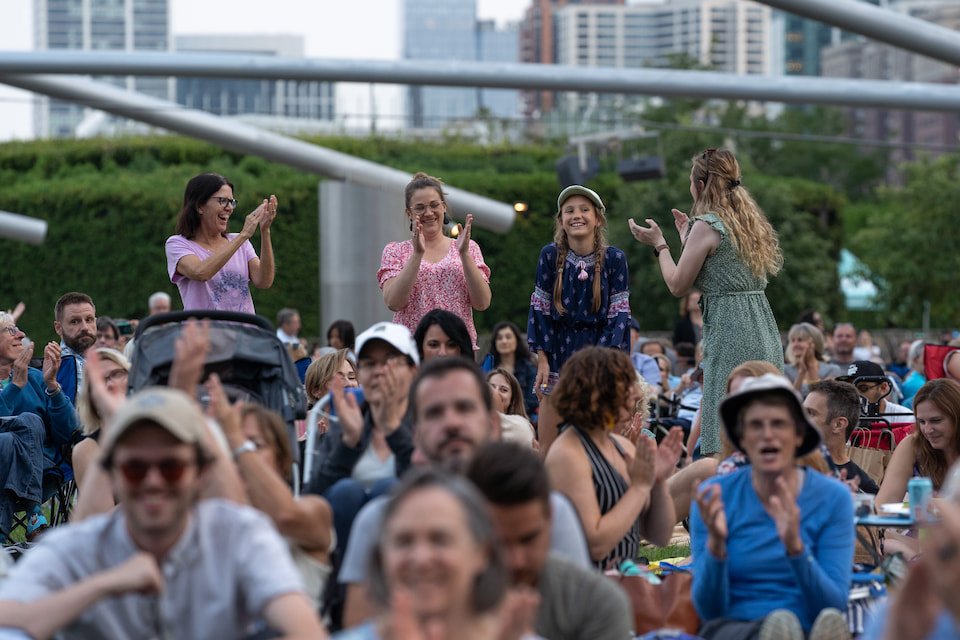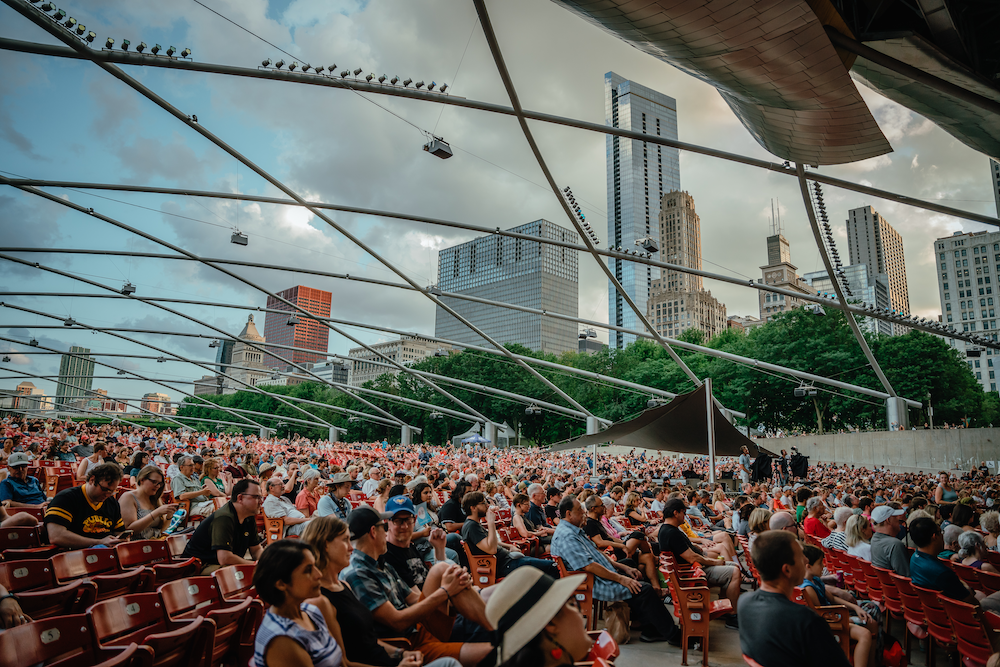
News & Stories

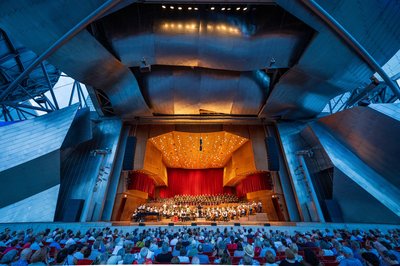
Welcome to Our New Board Members and Leadership
26 January 2026 Read post: Welcome to Our New Board Members and Leadership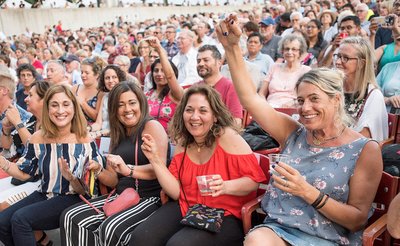
Your Summer. Your Festival. Your Way.
Read post: Your Summer. Your Festival. Your Way.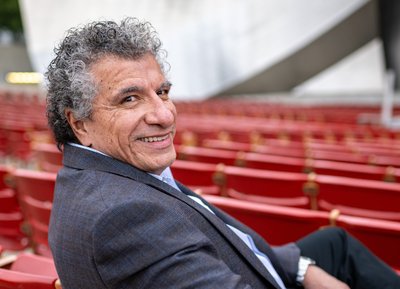
Welcome from Giancarlo Guerrero
Read post: Welcome from Giancarlo Guerrero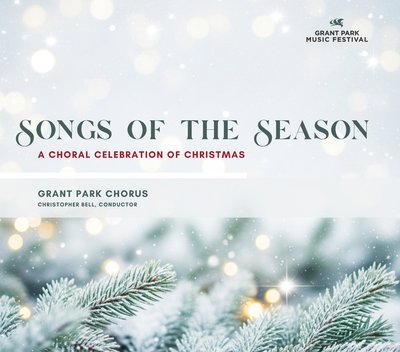
Songs of the Season: A Choral Celebration of Christmas
Read post: Songs of the Season: A Choral Celebration of Christmas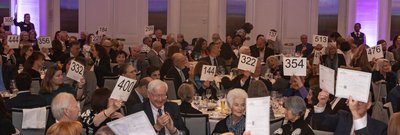
Grant Park Music Festival Raises $1.3 Million in Support of Artistic and Educational Programming
Read post: Grant Park Music Festival Raises $1.3 Million in Support of Artistic and Educational Programming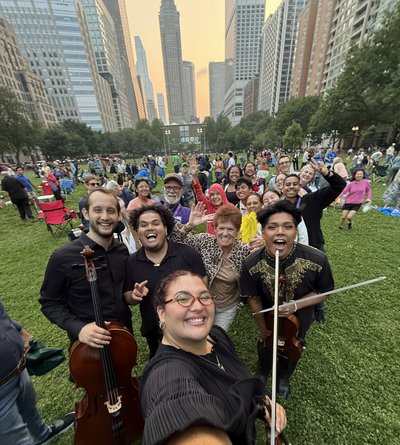
My Summer with the Festival Fellows
Read post: My Summer with the Festival Fellows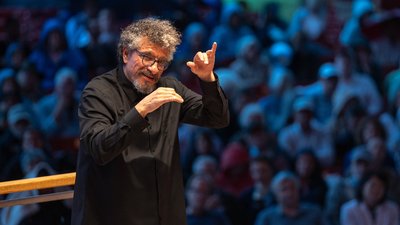
Meet Giancarlo Guerrero
Read post: Meet Giancarlo Guerrero
